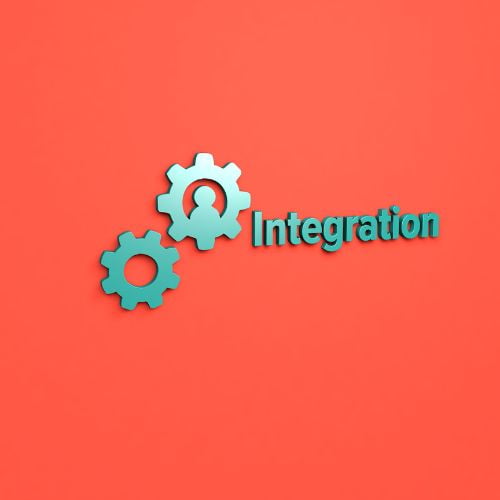Not sure whether to track your ICT asset register using GPS or QR code technology? Read this article now to find out why QR codes are better!
The Impact Of Asset Tracking On Your Supply Chain
The Impact Of Asset Tracking On Your Supply Chain
Your supply chain is likely to be considered one of the most important aspects of your business. When your supply chain is working well, the rest of your business can also be working well. However, your supply chain is also where a lot of operational stages take place. From the purchasing and delivery of products, the whole system can be quite complex and it can impact your business as a whole.
So how can your asset tracking system impact your supply chain? How can it make this integral part of your business work even better? Read on for more information.
Why You Need To Track Your Assets
Tracking your assets via an asset register is a very good idea. Doing so will automatically give you a lot more control over every single asset. You could see, for example: where your assets are, who is using your assets, if they are in good condition, whether they need to be repaired, and if there is a waiting list to use them.
Tracking your equipment, machines, tools, vehicles, and everything else using a reliable asset tracking system can boost your business. When you track everything you will have data about everything. What this means is that you can see where your business is performing well and where it isn’t.
Finally, your asset register can show you whether you have any ghost assets so that you can eliminate them.
The Technologies Used By An Asset Tracking System
Every single asset tracking system out there uses the power of modern technology to help you track your assets. Some tracking systems use RFID tags, others use barcodes, and some use GPS systems. Each of these technologies can help you to locate your assets with ease all day every day.
Let’s take a look a quick look at how each of these technologies works:
- RFID – RFID, also known as “radio frequency identification is a type of tracking system that is capable of locating assets using electromagnetic tags and readers
- Barcodes – When a barcode is scanned, the data that are contained in those well-known black and white stripes (often printed on labels) is read.
- GPS – also known as “global positioning system”, GPS traces assets through the use of satellites. The information is sent to GPS receivers that are full of useful asset-related data.
Each of the above technologies can be used and is often used by an asset tracking system. Users of tracking systems find it easy to access data via the technologies and in a secure and reliable way.
How Your Supply Chain Is Impacted by Asset Tracking
Your supply chain is impacted by your asset tracking system as it offers:
A better level of security – We’re all aware of how important it is to have a good level of security. When you track your assets, this is possible. Increased security is a direct result of having more control over your assets. You may be able to see where your assets are in real time and even who is using them.
Improved operations – When you track every single asset in your possession you can become more efficient. Operations are improved as it may be possible to see where inefficiencies lay. For example, you could see if your delivery trucks are taking a route that’s too slow. Using an alternative route can help to speed up delivery and subsequently many other operations as a result.
Boosted productivity – When your team can quickly find the products that they need to send to your customers, time is saved and productivity is increased. For example, when you scan a barcode, you could see a list of where products are located in the warehouse. Alternatively, you could log into your chosen asset tracking software, find the product in the menu, and see where it’s located. As a result, there’s less time spent looking for it.
An increase in customer satisfaction – Your customers could track their parcels and understand where they are all at times. You could, for example, give your customers the number on the barcode. They could log into the tracking system and see where their parcel is.
Additionally, increased productivity and operations will have a direct impact on how happy your customers are. They will have their goods much quicker and will, therefore, be happier.
Your supply chain is impacted greatly by asset tracking technologies, perhaps in more ways than many realise. This is why it makes sense for you to start tracking all of your assets ASAP. The sooner you do, the sooner your whole business and all your customers begin to reap the rewards.
Would you like to speak with an expert about an asset tracking system’s impact on your supply chain? Reach out to us now at team@itemit.com.
The Ideal Asset Tracking Tool For Your Supply Chain
Choose a better way to track your assets
Start your free 14-day trial now
Instant access. No credit card details required.
Related articles
GPS Versus QR Codes: Which Is Better?
Business Systems And The Integration Of Tracking Software
Wish to improve your business systems? Read this article to find out why the integration of an asset tracking app and tracking software can help!
How To Track Manufacturing Equipment
Wish to track your manufacturing equipment to make your life easier? This article shows you how using an equipment tracking system helps!




